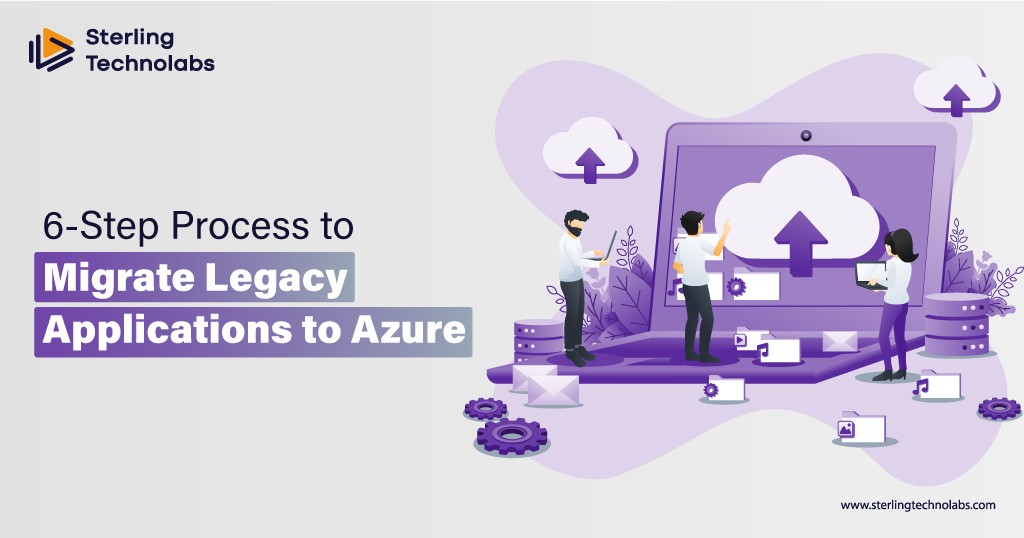What is Big Data Analytics?
It is the sometimes difficult process of analysing large amounts of data in order to reveal information - such as patterns and insights, correlations, market trends, and consumer preferences - that may assist businesses in making educated business decisions. On a massive scale, data analytics methodology enables companies to analyse data sets and obtain new insights.Big data analytics is a sophisticated analytics system that analyses large amounts of data using prediction models, and statistical approaches.
Let us go through the importance of big data analytics and what are big data analytics -
Big data analytics systems and software can help organisations make data-driven decisions that improve business outcomes. These advantages, when combined with an effective approach, can provide a competitive advantage over competitors.Benefits may include improved marketing effectiveness, new revenue possibilities, customer personalization, and operational efficiency.
Big data analytics helps businesses harness their data in order to identify new opportunities. As a result, improved business choices are made, operations become more efficient, profits increase, and customers are satisfied.
It enables to plan, transform, and model data in accordance with enterprise requirements. It also makes it possible to identify patterns in the data and reach conclusions from it.
It can process large amounts of data and turn them into vital business insights.
Big data analytics can cut costs by storing all business information in one location. That is, tracking analytics can assist businesses in finding new ways to work more quickly and effectively in order to reduce costs wherever it is possible.
Big data analytics can help in gaining a better understanding of consumer behaviour, demands, and sentiment, which can lead to better design and development information and strategic process management.
It can increase savings by streamlining operations and optimising business processes.
Big data analytics is important in risk management because it allows businesses to identify risks by analysing data trends and developing solutions to manage those risks.
It also aids in making quick, well-informed decisions for successful strategic decision - making to improve distribution network, logistic support, and other tactical judgement sectors.

